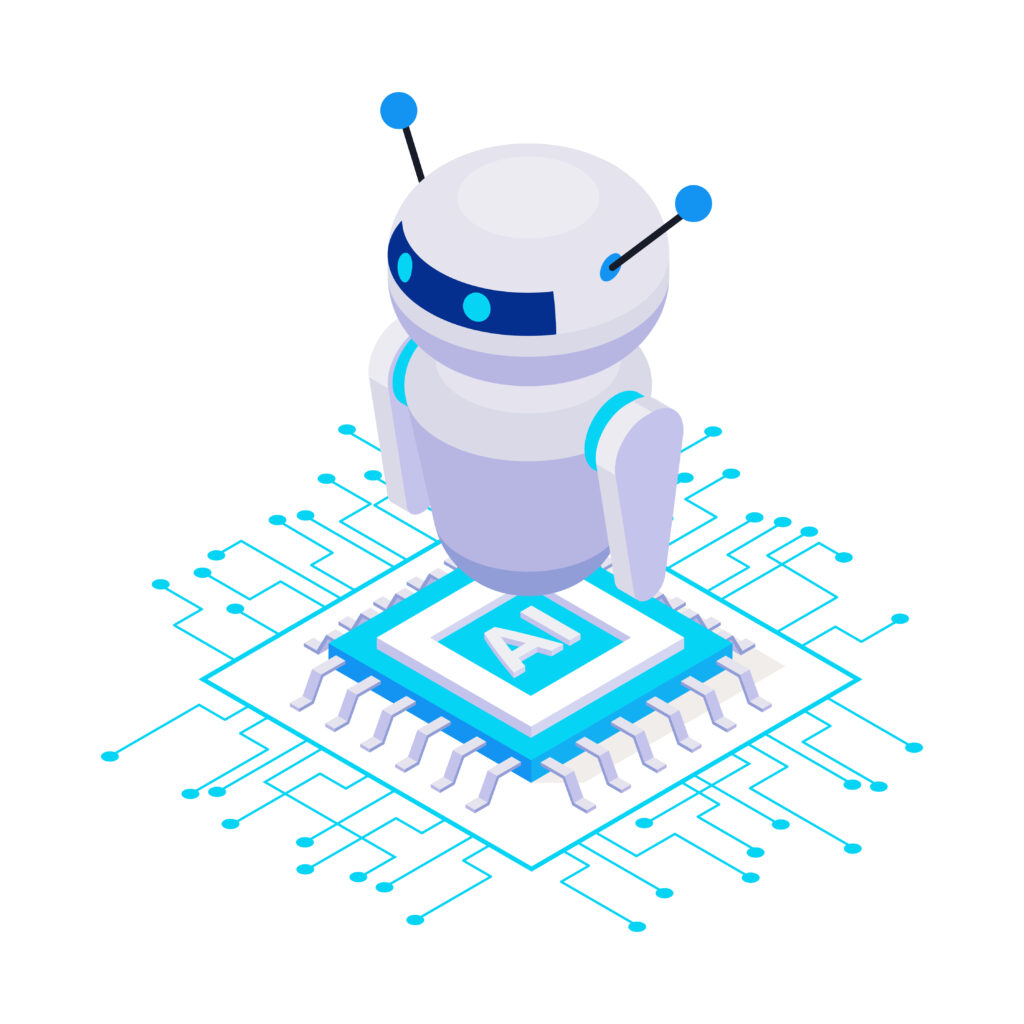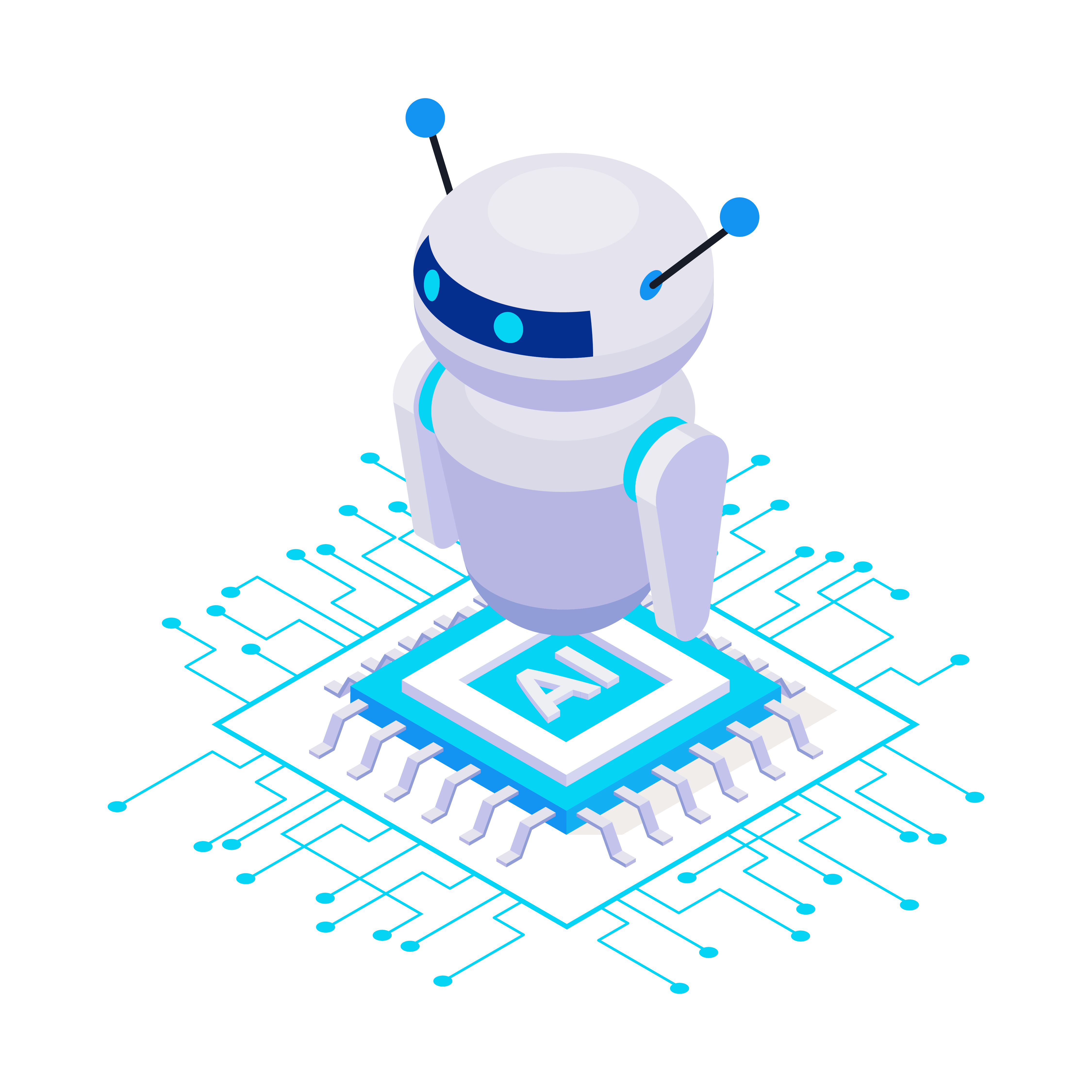In today’s highly connected world, disgruntled customers have the power to voice their dissatisfaction publicly, potentially tarnishing a company’s reputation. As customer revenge becomes more prevalent, businesses must explore innovative approaches to address and mend damaged customer relationships. Generative Artificial Intelligence (AI) emerges as a powerful tool that can help fix those relationships. This article delves into the rising phenomenon of customer revenge, explores how generative AI can be utilized to rectify customer grievances, and outlines the benefits it brings to businesses.

The Rise of Customer Revenge:
a. Amplified Voice: With social media platforms and online review sites, dissatisfied customers can easily share negative experiences, reaching a vast audience and causing significant damage to a company’s reputation.
b. Negative Impact: Customer revenge can lead to reduced customer loyalty, decreased sales, and damage to brand reputation. It is crucial for businesses to address customer grievances promptly and effectively.
Understanding Generative AI:
a. Creative Powerhouse: Generative AI utilizes complex algorithms to generate creative content, such as text, images, music, and videos. It has the potential to transform industries and solve complex challenges.
b. Personalization and Context: Generative AI can tailor content and responses based on customer preferences, historical data, and specific contexts, enabling businesses to provide personalized solutions.
Generative AI can help fix Customer Relationships:
a. Sentiment Analysis: Generative AI algorithms can analyze vast amounts of customer feedback and sentiment data, identifying key pain points and negative experiences. This enables businesses to understand customer concerns better.
b. Personalized Responses: By leveraging generative AI, businesses can craft personalized responses to address customer grievances. This level of customization demonstrates a genuine commitment to resolving issues and rebuilding trust.
c. Proactive Solutions: Generative AI algorithms can predict potential customer issues and offer proactive solutions, allowing businesses to address problems before they escalate. This approach demonstrates a proactive and customer-centric mindset.
d. Content Generation: Generative AI can help businesses create valuable content, such as tutorials, guides, and FAQs, to address common customer concerns. By providing helpful resources, businesses can alleviate customer frustration and enhance satisfaction.
e. Virtual Assistants and Chatbots: Generative AI-powered virtual assistants and chatbots can handle customer queries, provide real-time support, and offer personalized assistance. This reduces response times and ensures consistent customer experiences.
Benefits of Using Generative AI to Fix Customer Relationships:
a. Enhanced Customer Satisfaction: By leveraging generative AI, businesses can offer personalized and proactive solutions, resolving issues efficiently and improving overall customer satisfaction.
b. Rebuilding Trust and Loyalty: Prompt and personalized responses demonstrate a commitment to rectifying problems, rebuilding trust, and fostering long-term customer loyalty.
c. Efficient Resource Allocation: Generative AI-powered solutions alleviate the burden on customer service teams, freeing up resources to focus on complex customer issues that require human intervention.
d. Competitive Advantage: Businesses that effectively utilize generative AI to fix customer relationships gain a competitive edge by offering superior customer experiences and demonstrating their commitment to customer satisfaction.
Implementing Generative AI for Customer Relationship Management:
a. Data Integration: Integrate customer data from various touchpoints to create a comprehensive view of customer interactions, enabling generative AI algorithms to provide contextually relevant solutions.
b. Ethical Considerations: Ensure ethical usage of generative AI by maintaining transparency, adhering to privacy regulations, and safeguarding customer data.
c. Continuous Improvement: Monitor and analyze customer feedback and responses generated by generative AI to refine and improve the effectiveness of the system over time.
d. Human Oversight: While generative AI can automate responses, human oversight and intervention are essential for complex or sensitive customer issues that require empathy and understanding beyond the capabilities of AI.
e. Training and Testing: Continuously train and test generative AI models to ensure accuracy, relevance, and alignment with the company’s values and customer expectations.
Ethical Considerations and Transparency:
a. Bias Mitigation: Ensure generative AI models are trained on diverse and unbiased datasets to avoid perpetuating biases or discrimination in customer interactions.
b. Transparency and Consent: Clearly communicate the use of generative AI to customers, seeking their consent and providing options for human support when needed.
c. Data Privacy and Security: Implement robust data privacy and security measures to protect customer information and maintain their trust.
Conclusion:
As customer revenge continues to rise, businesses must recognize the importance of addressing customer grievances and rebuilding trust. Generative AI emerges as a powerful solution to fix damaged customer relationships. By leveraging sentiment analysis, personalized responses, proactive solutions, and efficient content generation, businesses can resolve customer issues effectively, enhance satisfaction, and rebuild loyalty. However, it is crucial to implement generative AI ethically, ensuring transparency, bias mitigation, and respect for customer privacy.
Generative AI empowers businesses to listen to their customers, understand their needs, and provide personalized solutions. By harnessing the power of generative AI, businesses can turn customer revenge into an opportunity for growth and improvement, gaining a competitive advantage in the market. Generative AI can help fix the relationship management can pave the way for enhanced customer experiences, stronger brand loyalty, and long-term success in the ever-evolving landscape of customer-centricity.
Related Articles:
1. Customer relationships are frayed — generative AI can help
2. 6 Uses for AI in Customer Support
3. 6 Problems AI Solves in Customer Service [New Data]




